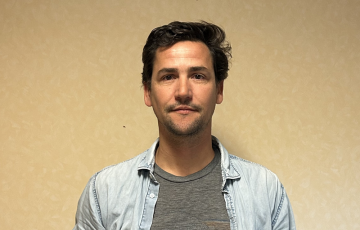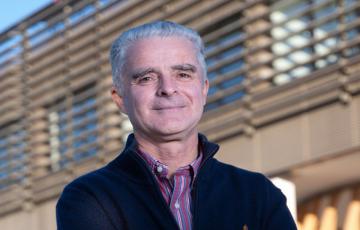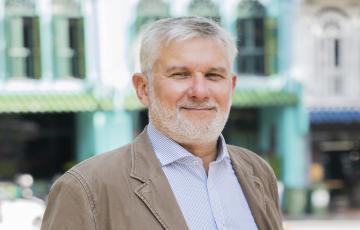The first standards guide for the regenerative economy is launched
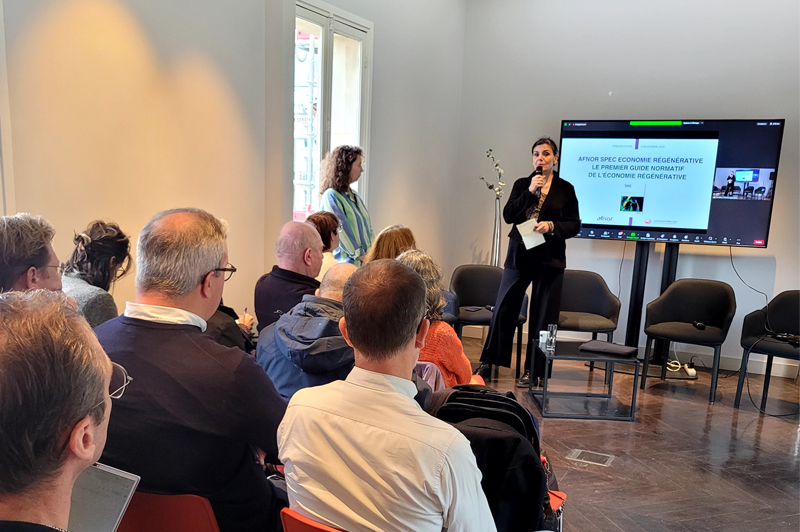
An AFNOR SPEC guide will help create economic models that are in harmony with the living world
After more than six months of collaborative work that united a diverse group of nearly 20 stakeholders, including Provence Promotion, the first AFNOR SPEC guide for the regenerative economy was officially unveiled on Wednesday November 6, 2024 at the Hôtel de l’Industrie in Paris. Co-piloted by the French standards company AFNOR and the Symbiotique Entreprise consultancy, the guide’s objective is to accelerate the transition of our current economy towards models that revitalise the environmental and social health of ecosystems. It proposes a definition of the regenerative economy along with business standards and implementation methods for organisations wishing to move away from extractive economic models.
Can humankind tap into its genius to ensure that materials, energy, natural resources, and expertise can be used in a renewable and sustainable manner? For the stakeholders in the regenerative economy, the answer is a resounding yes!
Scientists have determined that there are nine planetary boundaries that are crucial to life on Earth. With the increase in ocean acidification, it has been recently reported that humanity has now exceeded the limit of seven of these limits. The regenerative economy is considered a solution that can enable ecosystems to thrive once again.
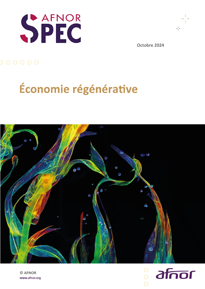 Isabelle Delannoy, the president of Entreprise Symbiotique, a sustainability consultancy dedicated to the regenerative economy and Corporate Social Responsibility, emphasised the importance of this AFNOR SPEC guide at the media conference held in Paris. “This standard-setting document aims to structure the stakeholders in the regenerative economy around a common vocabulary and benchmarks to ensure a better collective understanding of this approach.”
Isabelle Delannoy, the president of Entreprise Symbiotique, a sustainability consultancy dedicated to the regenerative economy and Corporate Social Responsibility, emphasised the importance of this AFNOR SPEC guide at the media conference held in Paris. “This standard-setting document aims to structure the stakeholders in the regenerative economy around a common vocabulary and benchmarks to ensure a better collective understanding of this approach.”
Over the past five years, 1800 companies in France that have official sustainability certification have integrated social and environmental objectives into their business models. The regenerative economy guide seeks to amplify this positive change, which is spreading throughout France, Europe, and the rest of the world.
Matthieu Vis, the Director of Business Setup and Territorial Development for Provence Promotion, who took part in the CEC climate convention for businesses in Provence and Corsica in 2023, also participated in the development of the regenerative economy guide. At the media conference, Vis explained why Provence Promotion was supporting the initiative: “Our agency is adapting so we can provide better support to business leaders on issues such as sustainability and resilience in our territory. Economic development agencies, which account for around 20% of the jobs created each year in France, attract new business activities and welcome companies that, because they starting from square one, can more easily introduce practices that will regenerate our territories and our ecosystems,” he said.
A practical guide to help regenerative projects get off the ground
Available free of charge thanks to the support of the Regen Ecosystem coalition of regenerative economy stakeholders, the goal is to widely distribute and further develop the guide so there will eventually be a national certification system and an international ISO standard.
The guide is divided into four sections:
- Definitions
- Operational practices and methods (development, production, governance, financing, shared values, etc.)
- Tools for identifying obstacles, catalysts, and accelerators
- A criteria grid to facilitate the assessment of regenerative economy projects
The guide is an adaptable tool that should have the same influence as previous AFNOR SPEC projects, such as the guide for the circular economy.
Case studies from the regenerative economy
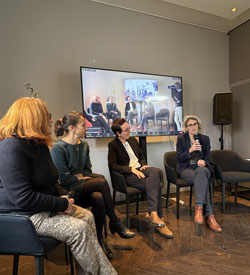
At the media conference, several members of the working group shared concrete examples of projects carried out in their organisations or sectors of activity (energy, agriculture, textiles, tourism, etc.).
Catherine Dauriac, the coordinator of Fashion Revolution France, and Elise Bourmeau, a member of the Pour une Agriculture du Vivant association for sustainable farming practices, spoke of the spectacular revival of the flax industry in France. Flax is a natural fibre that requires less water and chemicals to grow, and spinning plants have opened in France to meet the needs of various sectors such as textiles, materials, and paper.
Haute-Savoie HABITAT, a social housing agency that has adopted a regenerative strategy, described a project that involved cooperation with different stakeholders (local authorities, residents, businesses) to address economic, environmental, and social issues. “The regenerative economy offers a radically different vision. It can foster transformation for the common good, particularly in areas such as food, water management, and reducing land degradation. Elected representatives are paying close attention,” says Ludovic Morawa, who is in charge of social responsibility for Haute-Savoie HABITAT.
In hydrogen sector, Stéphane Paul, founder and director of H2X Ecosystems, is committed to this standards-based approach as a way to contribute to the industrial-scale development of a model that is beneficial for both humans and the environment. “Our business is regenerative by nature. We develop hydrogen ecosystems based on the needs of businesses and local resources (biomass, organic waste, and plastics). We offer demonstration projects that supply local networks and enable manufacturers to control their energy costs. Some sites will even be able to be completely self-sufficient by repurposing their own waste.”
Isabelle Delannoy from Entreprise Symbiotique concluded the media conference by noting, “The distinctive feature of the regenerative economy is that it is not just a question of economic models that respect the planet’s limits, but a matter of creating value based on the possibilities of a specific ecological, economic, and social environment.”


 +33 4 96 11 60 00
+33 4 96 11 60 00





